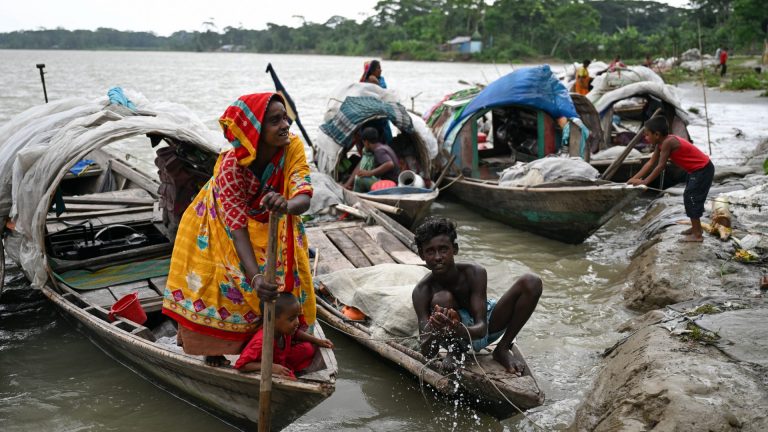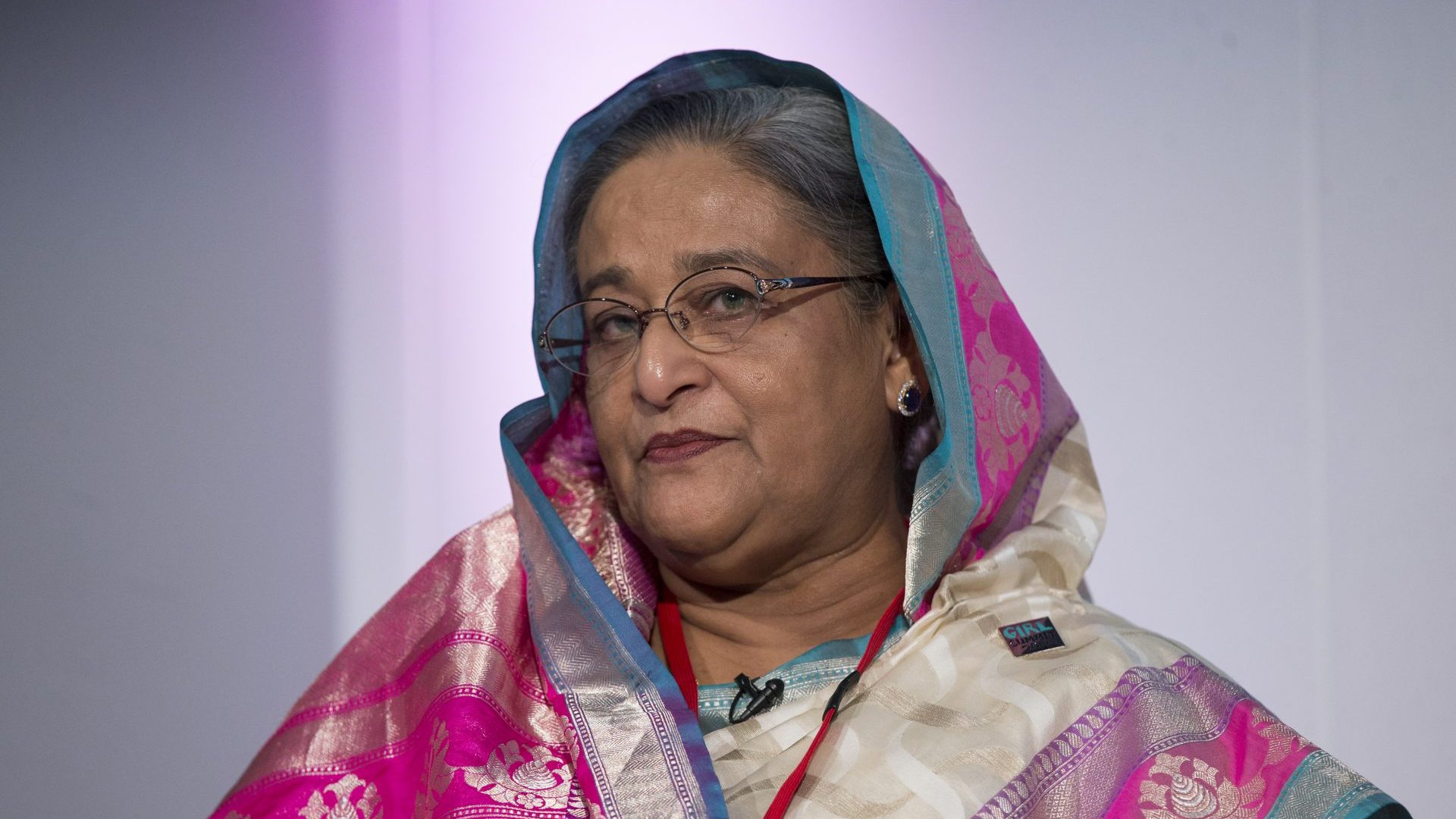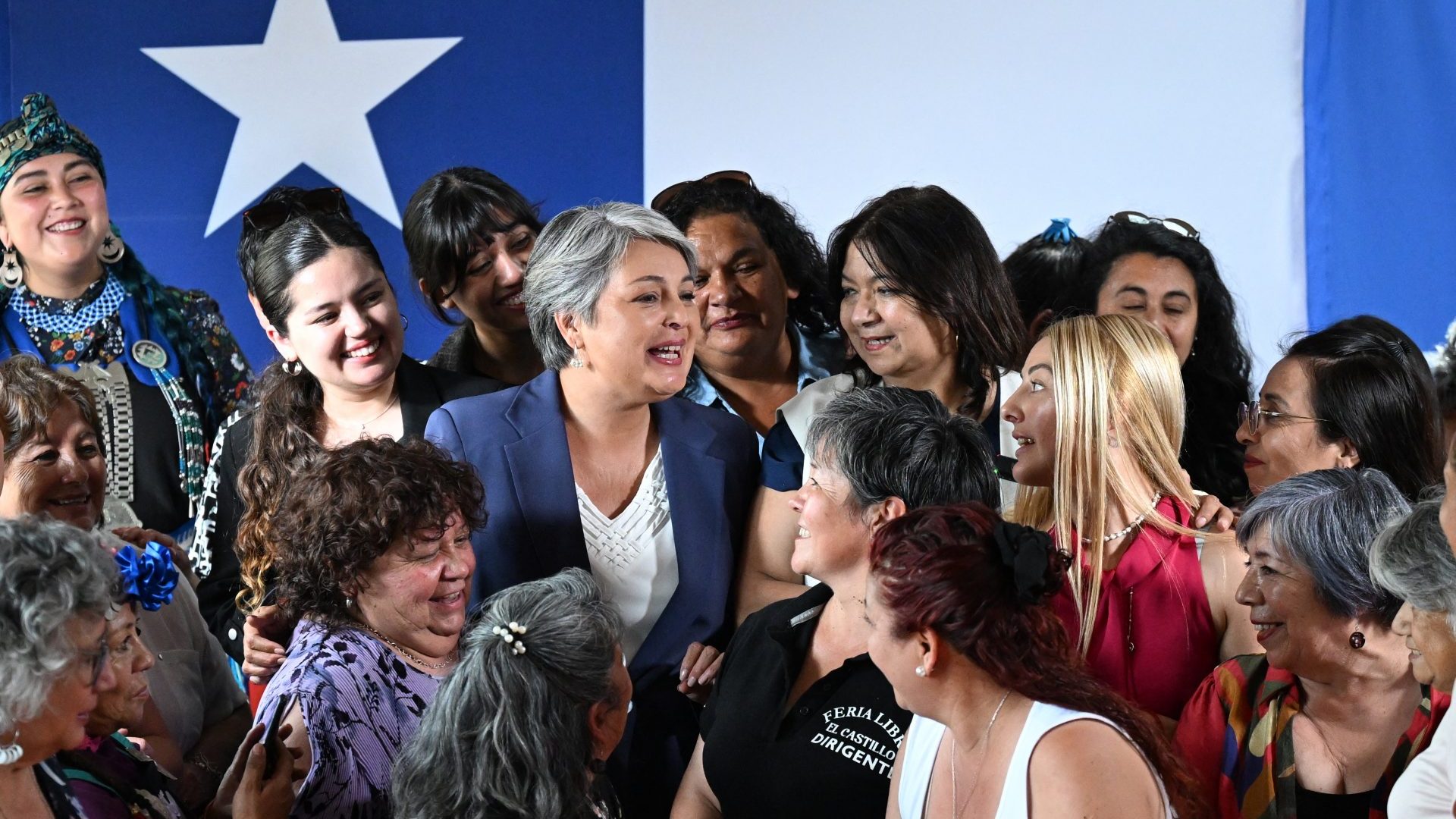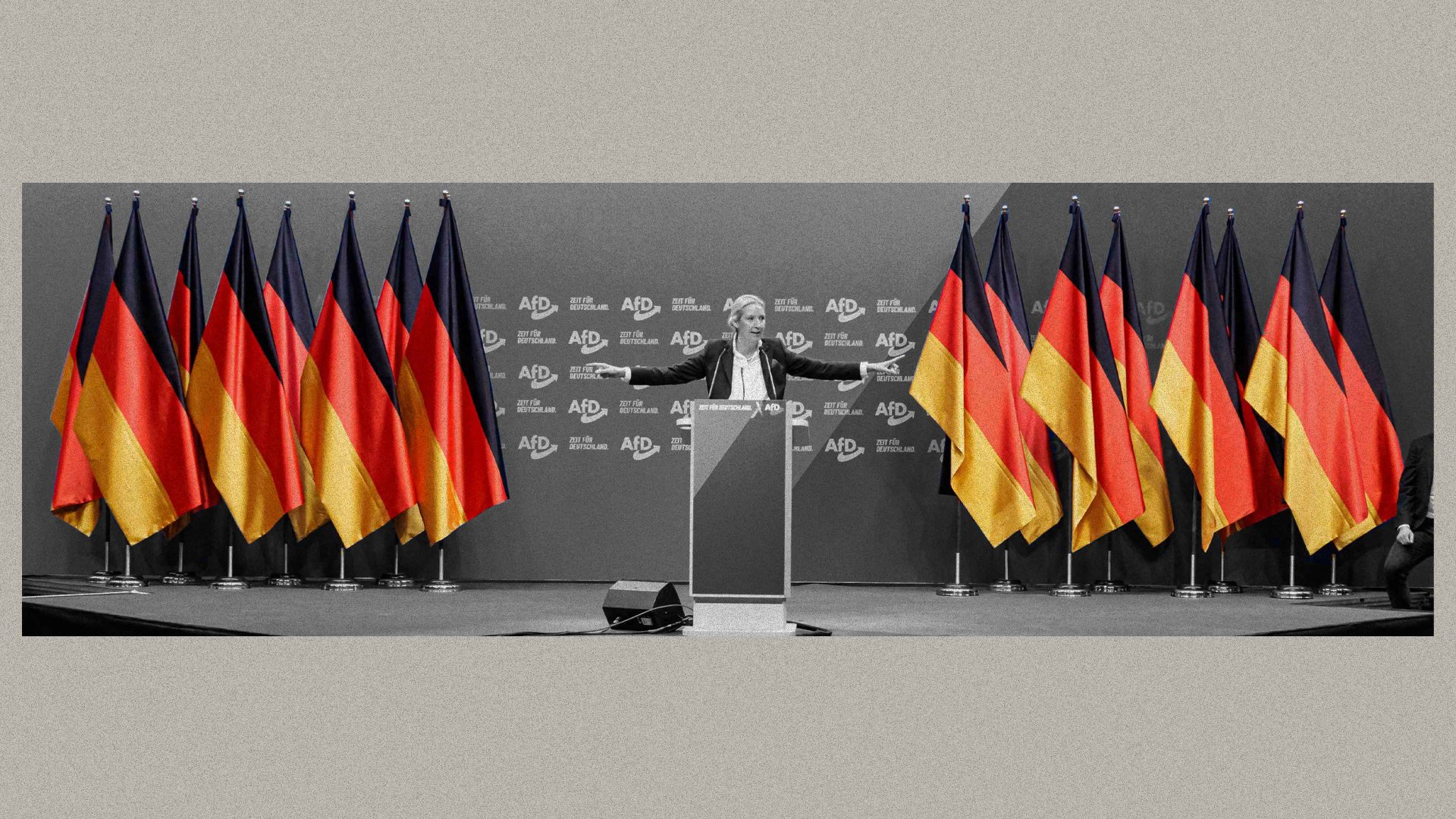On November 17, the International Crimes Tribunal of Bangladesh announced an in absentia death sentence against the ousted prime minister Sheikh Hasina, currently in exile in India. The country went into shock. From Dhaka’s tea stalls to social media feeds, television talk shows, and university campuses, a single question dominates conversations: what does it mean for Bangladesh’s political future? We have parliamentary elections here in early February.
The verdict arises from the student-led uprising of July-August 2024, during which police fired indiscriminately at the crowds. The UN estimates that 1,400 people were killed. The tribunal found Sheikh Hasina guilty of ordering the lethal suppression of those protests.
When the news broke, crowds outside the tribunal building erupted in jubilation. Among them were families of victims. Miraj Talukdar, a van driver, is the father of Ismail Hossain Rabbi, who was killed. He told reporters: “Even if she were sentenced to death a hundred times, it would not be enough for the crimes she committed.” The crowd applauded the ruling and called for its swift implementation.
The atmosphere of anticipation and excitement spread across Dhaka, particularly among the young. Many saw the verdict as a continuation of justice for those who fell in the July uprising. University students organised screenings of the trial proceedings for the public. Emotions ranged from praise to anger, demands for retribution, and political frustration.
At Dhaka University, the announcement of the death sentence led to an eruption of cheers. Sweets were distributed and celebratory marches began.
Metro commuters listened to live updates on their phones, scrolling through videos. Tea stalls, offices, and street corners became hubs of discussion, and astonishment.
Suggested Reading

Living in a submerged world
In Shahbagh, one group staged a symbolic execution using a doll with Sheikh Hasina’s face, dressed as a prisoner and hung from a mock gallows. A participant acted as a magistrate, completing the ritual in front of a growing crowd.
Agitated people gathered in front of the historic residence of Bangabandhu Sheikh Mujibur Rahman, regarded as the symbol of Bangladeshi government power. Just days ago it was partially damaged and set on fire. Their demand was clear: they no longer accepted its symbolism. For many, it represented the control, oppression, and misuse of authority by the past government. Destroying it became a way to express their resentment, anger, and sense of deprivation.
Meanwhile, police and other security forces had stationed themselves at the house. As protesters repeatedly tried to advance, scuffles broke out. Throughout the day, the streets were filled with the noise of sirens.
In a statement, Sheikh Hasina responded to the verdict, saying: “The verdicts announced against me were made by a rigged tribunal, established and presided over by an unelected government with no democratic mandate. They are biased and politically motivated. Its guilty verdict against me was a foregone conclusion.”
While some view the verdict as long-overdue justice for the victims of the July uprising, others fear it may deepen political polarisation and provoke further unrest.
Bangladesh faces a critical moment: balancing justice, political stability, and societal cohesion. How the government enforces this verdict and how citizens respond will shape the country’s democratic future for years to come.
Piyas Biswas is a multimedia journalist and documentary photographer based in Dhaka



